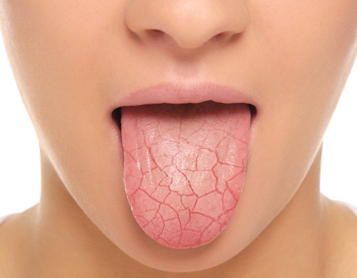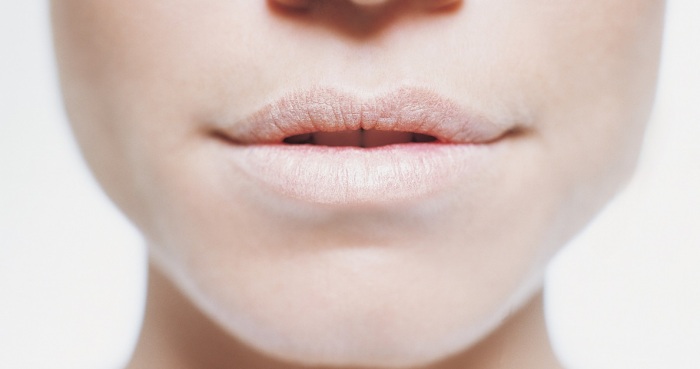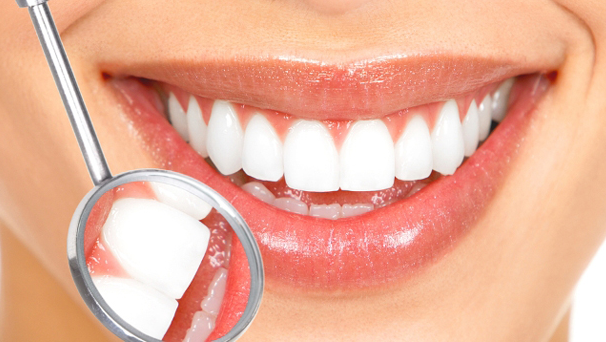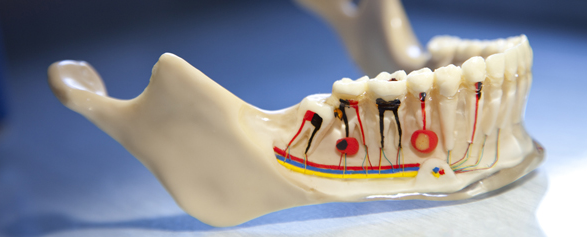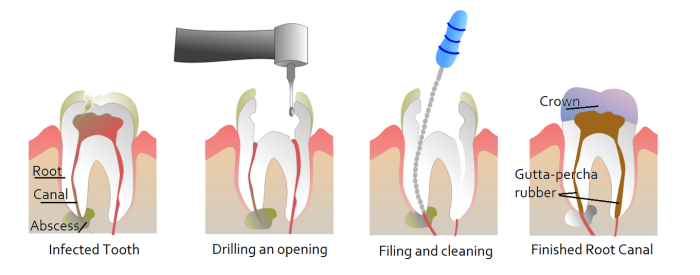If your dental professional tells you that you have “xerostomia,” it doesn’t mean you have a bizarre, serious ailment. It means you have a condition colloquially known as “dry mouth,” where your mouth feels persistently dry due to lack of saliva.
Dry mouth is caused by a variety of factors, such as anxiety, alcohol or drug use, smoking or dehydration. It’s also a common side effect of many diseases, treatments, and medications, including chemotherapy, antidepressants and antihistamines.
Dry mouth can be more than just a minor annoyance – it can actually affect the health of your teeth. Saliva controls bacteria and fungi in your mouth, which helps prevent tooth decay. If your saliva isn’t naturally washing away food particles, that can lead to bacterial growth.
While usually you can resolve the problem with an adjustment of your type or dosage of medication, it’s important to ask your dentist and hygienist for their input. They may also prescribe a special mouthwash, or advise you to use a saliva substitute. And they’ll definitely remind you to drink plenty of water!
Original Source: http://www.brightnow.com/our-blog/how-ocmbat-dry-mouth
